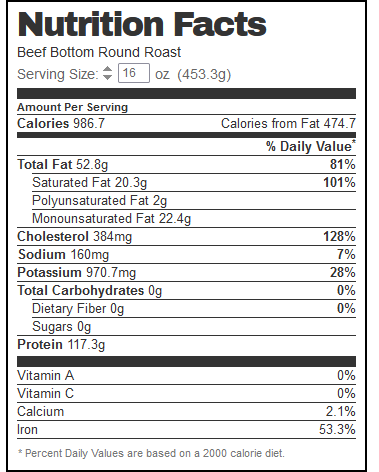My commentary on this… I almost gave up on him.
He says to lose weight you should eat 16% protein and more than 30% in fibre…. Hmmmmm…
Couple of very oblique mentions of metabolic effects, but he seemed not to want to discuss them.
One key area he completely missed was how the body controls the use of calories. It is the calorie usage side of the equation that we do not control… our bodies do. We have very little control. And we know that insulin controls the access to bodyfat, and this makes a big difference.
He claims that satiation is driven by fullness of the colons driven by protein and fibre… really?
He says we should be eating more than 30% in fibre. I am pretty sure our fibre required is zero.
Then says we should reduce meat to less than 10% of calories… with absolutely NO science or arguments supporting this, just a throwaway comment right at the end. This makes my blood boil…
I am not at all sure that he proved that calories don’t matter. I think that he suggested that calories absolutely do matter, just that the calculations commonly used are incomplete. I would argue to him that all the extra considerations he is suggesting are simply part of calories out.
Oh dear, he just said he thinks that steak causes CVD… and butter causes CVD. He is a CW jockey, no idea… interesting that he started gibbering as he was saying all this, almost incoherent. Says he has problems with saturated fat. Thinks it causes CVD.
At least he understands that you HAVE to supplement if on a vegan diet.
Also, at least he understands the real nature of ultraprocessed foods… most of the high end vegan foods are ultraprocessed. But then he says it’s OK to eat an ultraprocessed protein bar as long as it doesn’t have too much sugar.

